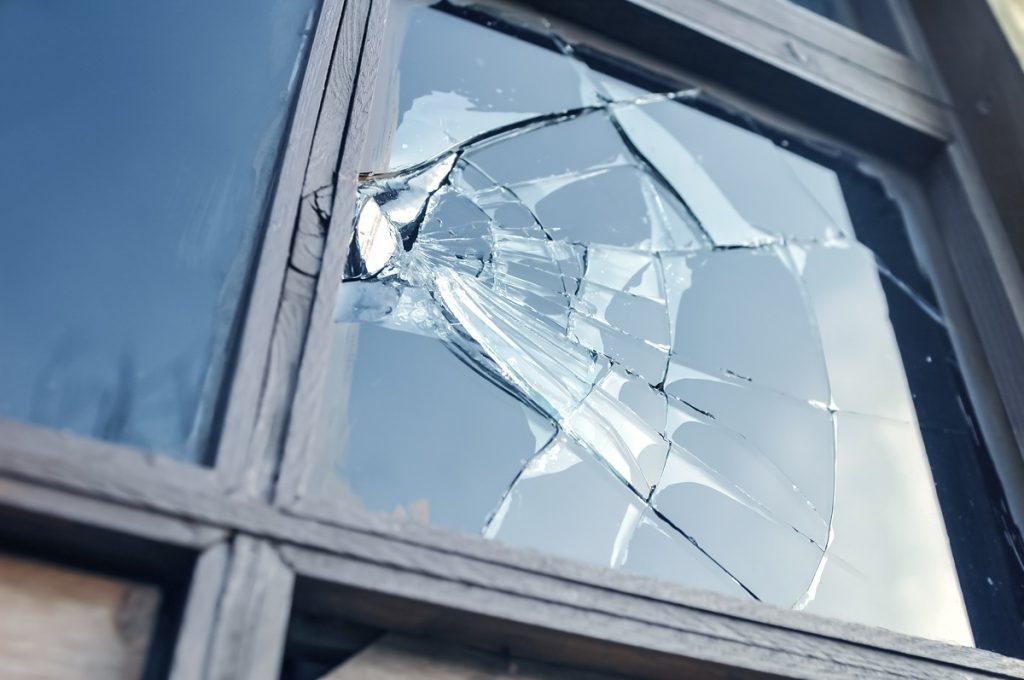There are a lot of things that you have to protect your business from, be it stealing customers, fraudulent employees, and commercial lawsuits. But what many business owners often find themselves having to protect their business from is property damage. Among all the negative things that can affect your business, property damage is the likeliest to happen and of the most expensive to address.
With that in mind, it pays to know what kind of damage your property can sustain, and more importantly, how to avoid them:
1. Water damage
One of the most common types of damage that can happen to a property, whether commercial or residential, is water damage. Water damage can stem from many causes, such as plumbing issues, natural disasters, or operational errors. Whatever the cause may be, water damage can lead to even bigger problems, the most pressing one being mold growth.
Apart from mold, which is a huge issue in and of itself, water damage can also cause structural issues and safety risks for both customers and employees. That said, it is imperative that you seek commercial building damage restoration services at the first sign of water damage to avoid bigger expenses, or worse, a lawsuit.
Usually, you can tell if your building has water damage if you spot the following:
- Water stains in the ceilings, walls, etc.
- Bulging or bubbling paint
- Damp areas in and out of the building
- Leaks, even the small ones
- Standing water
- Mold or mildew (or the smell indicating its presence)
- Increasing utility bills
Moreover, if you have recently gone through a heavy storm, it’s also worth checking your building for signs of water damage.
2. Fire damage
Fire damage is difficult and expensive to resolve, regardless of its extent. Like water damage, fires can be caused by many things, such as an unattended stove, electrical wiring problems, or an overloaded extension cord. Of course, we mustn’t forget about the possibility of arson as well.
If you manage to put the fire out before it spreads, you’re already luckier than the majority of business owners who had their establishments go up in flames. Nevertheless, even small fires can cause a lot of damage to your property, equipment, records, and goods. You may be able to restore some of these things, but if they are damaged beyond repair, there will be no other choice but to toss them and hopefully get covered by your insurance policy.

3. Vandalism and looting
Vandalism and looting are two of the biggest nightmares for business owners. Unfortunately, even the most sophisticated alarm systems won’t stop dedicated criminals from putting graffiti on your storefront, breaking your windows, or looting the establishment when the opportunity arises–all of which sets you up for financial losses.
Nevertheless, it is crucial that you have alarm systems and all necessary security measures in place, including surveillance cameras, strong locks, and signage that inform potential criminals of the presence of these security features. To avoid losing money in the event of vandalism or looting, however, you must have an insurance policy that covers these types of criminal activity as well.
4. Mold
It can be easy to spot mold and put a stop to its growth, but sometimes, business owners are too busy to address the problem right away. Either that or the mold is growing in places that no one bothers to check, only becoming obvious when it has spread to a higher degree.
Mold can cause many detrimental health effects, including eye, nose, throat, and lung irritation. It can also exacerbate existing mold allergies or chronic lung conditions like asthma. Hence, one of the first signs of a mold problem may be employees getting sick more often, especially when they’re at work.
Mold can also eat away at wood and fabric, causing a lot of damage to your building and weakening its structural integrity. When left unaddressed, mold can eventually lead to even bigger problems for your building, such as ceilings caving in or walls wearing away.
5. Earthquake damage
The only way you can protect your assets from an earthquake is by earthquake-proofing whatever you can. This involves hooking heavy furniture to the wall, securing lamps, and stabilizing electronics, among many other measures. Moreover, you must have an effective emergency plan in case to keep your employees and customers safe in the event of an earthquake.
Any type of damage to your property can lead to financial losses from repair bills, operational delays, and medical fees. To minimize or even eliminate these losses, use the strategies mentioned above so that you can prevent damage from happening in the first place and know what to do in case they do happen.

